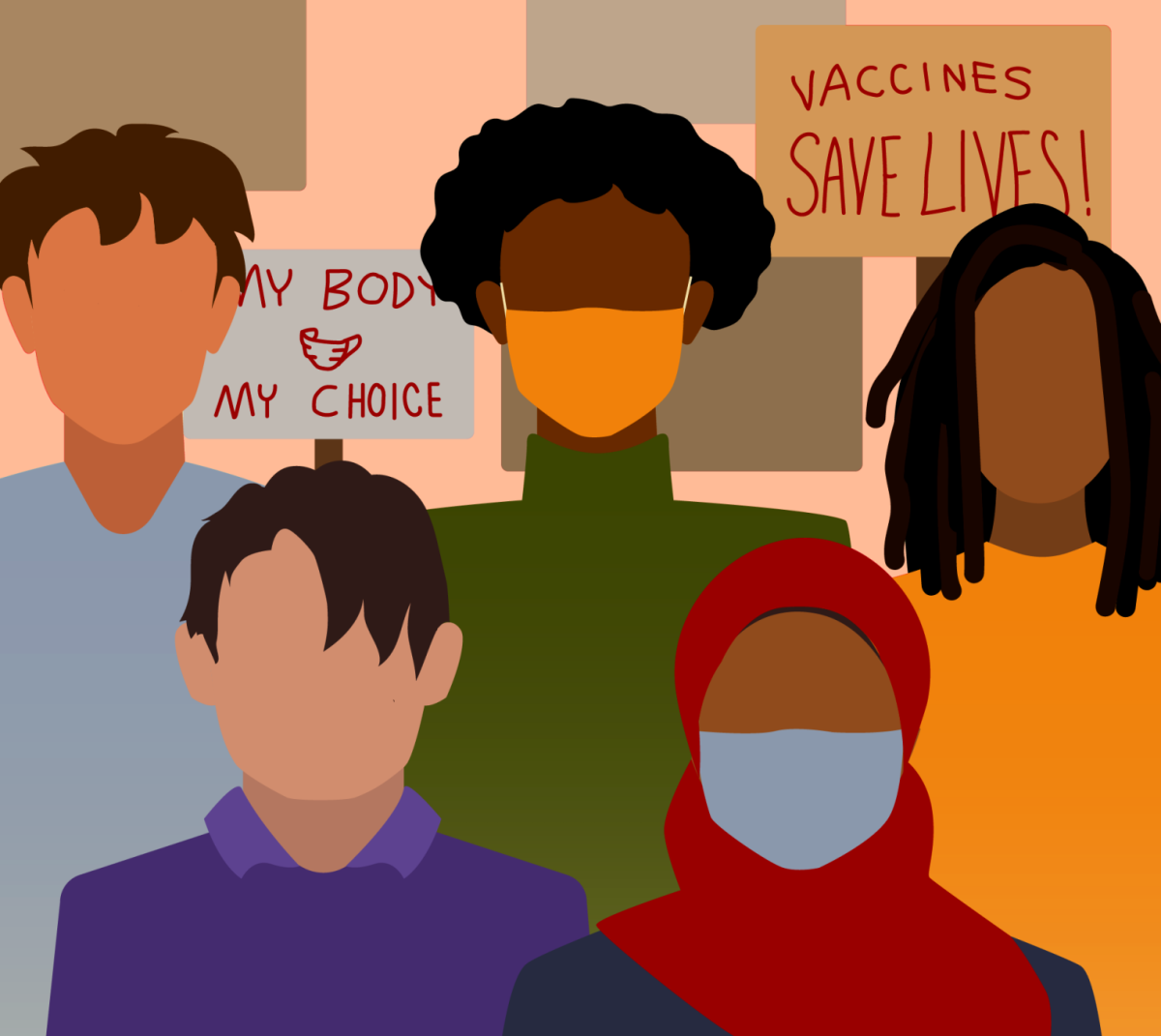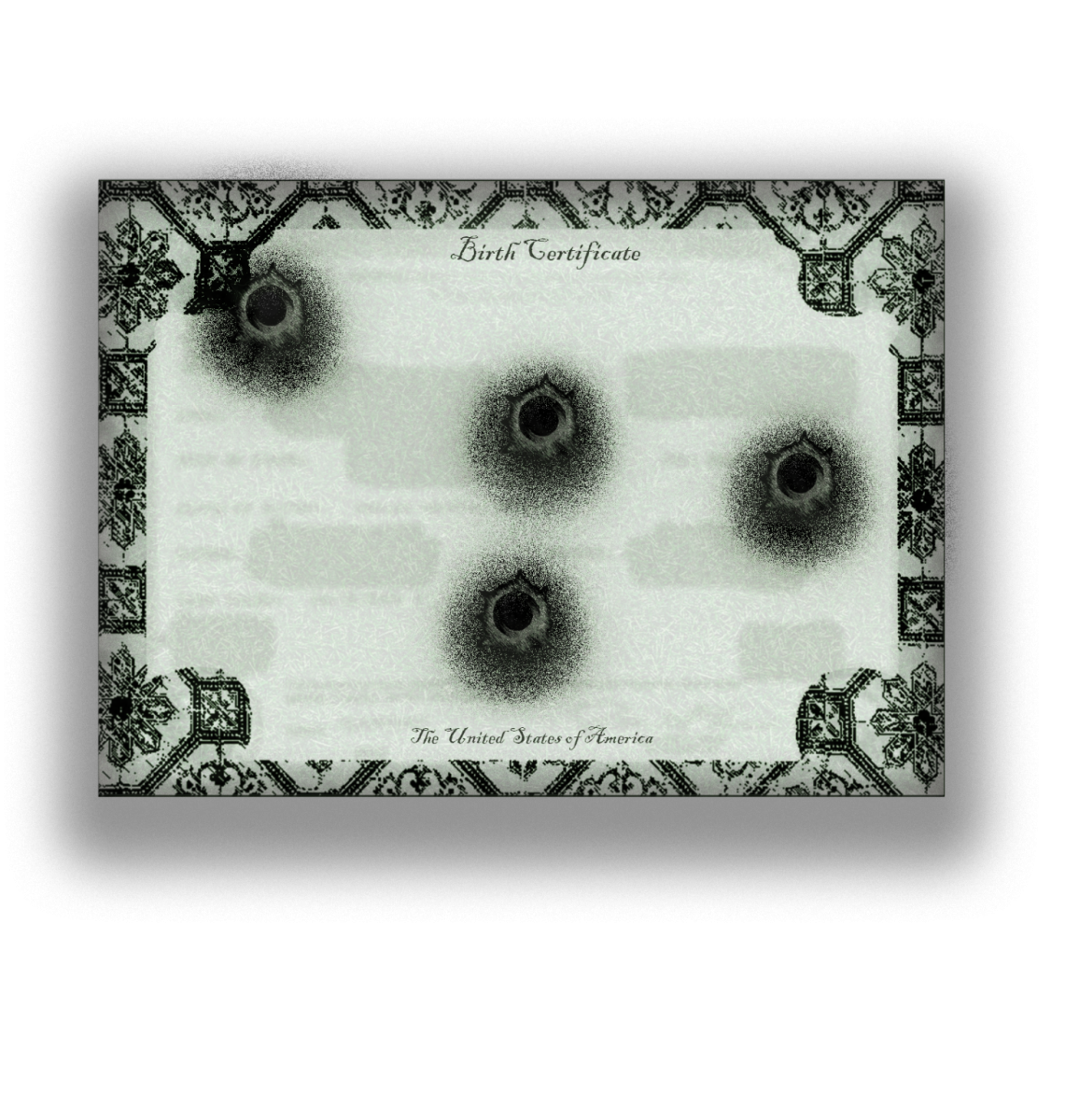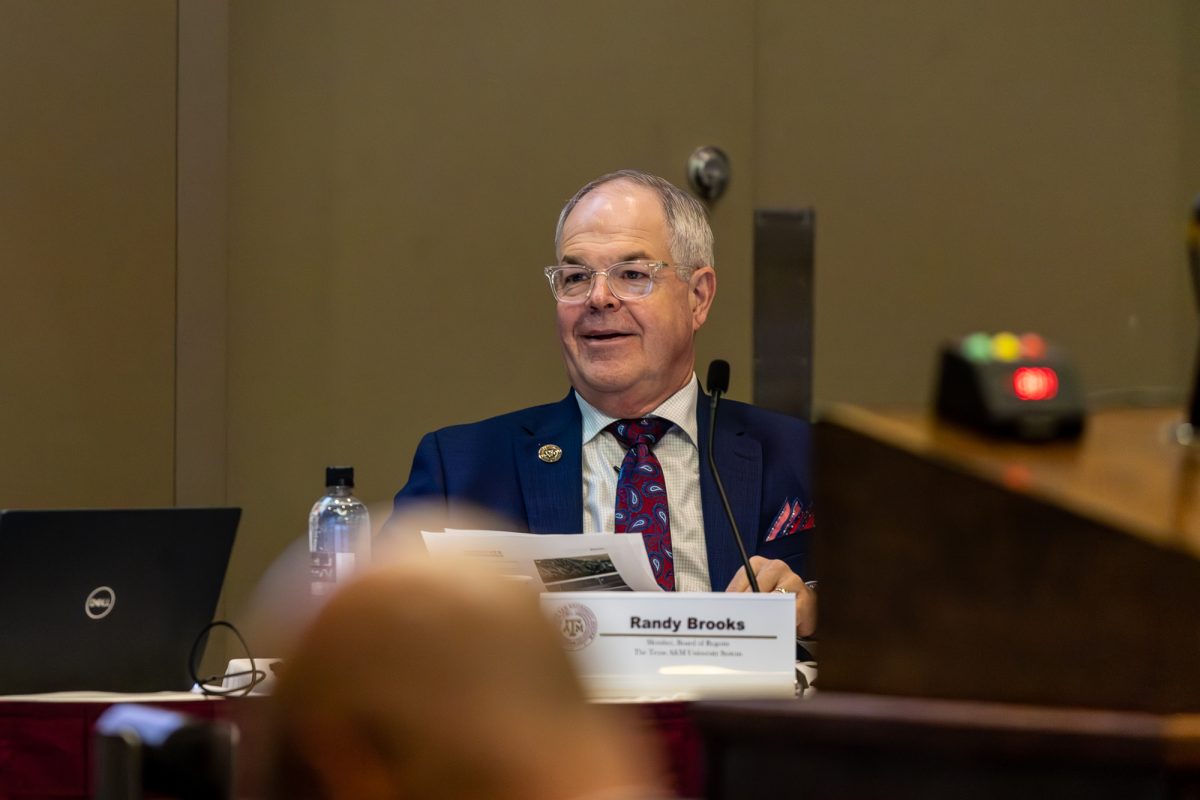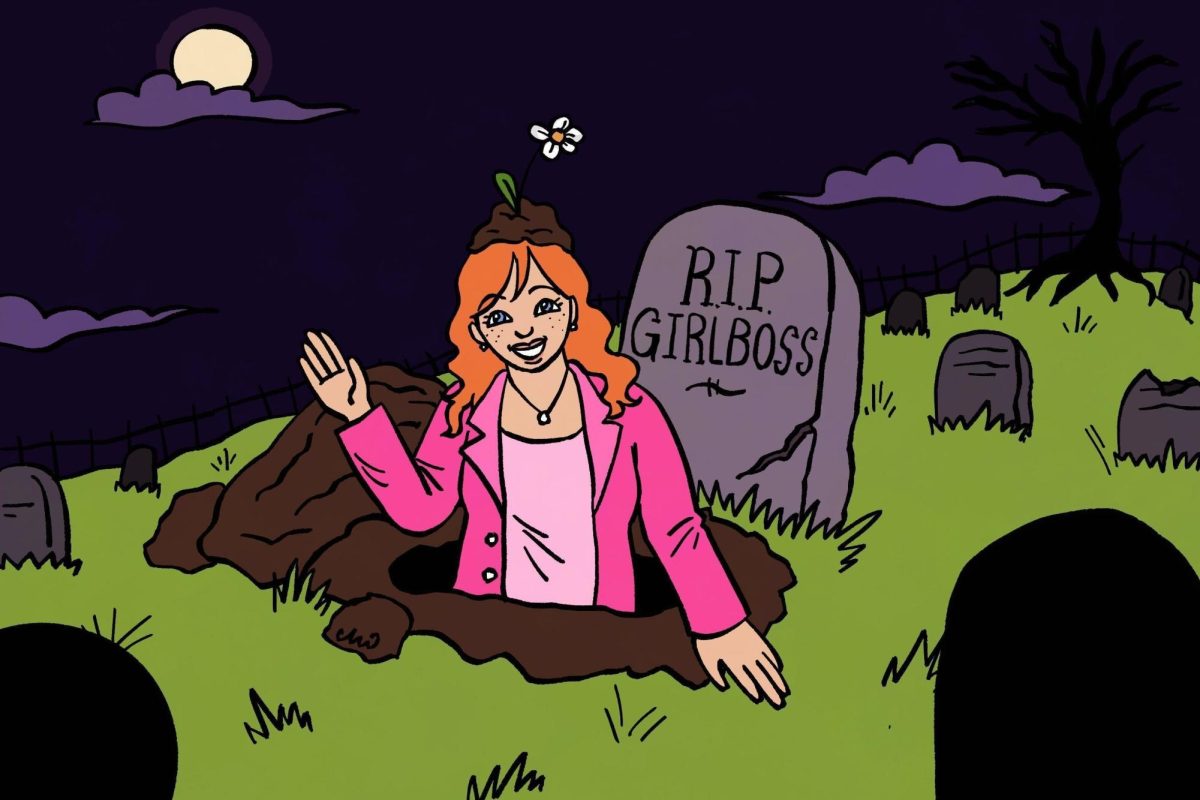“Ask not what your country can do for you, but what you can do for your country.” – John F. Kennedy
As we come down from what seems like another one of countless COVID-19 surges, America becomes increasingly more jaded toward the still-prevalent pandemic. The unruly restlessness and yearning for “normalcy” become more and more demanded.
What is normal nowadays? And how do we even achieve that, if we haven’t started already?
For many people, they’ve picked up right where they left off — school, vacations, going back to the office, concerts and packed to the brim house parties. For others, life since March 2020 has stayed pretty isolated. For healthcare workers, it’s an overworked, understaffed and underappreciated daily state of being. For educators, it’s a constant battle between risking not being paid against the health of themselves and their families. For others, it’s the possibility of a healthy life or life-altering effects.
It’s completely understandable why many Americans are eager to just “move on.” Many people missed out on so many life experiences these past two years. You may have missed the birth of your grandchild or watched your graduating college student’s name go across a very anticlimactic jumbotron. Maybe, you lost a loved one that you had to say goodbye to over the phone — or didn’t even get that luxury.
For some of you reading this article, this pandemic took away half of your college experience. And now — suddenly — we’re looking for jobs when it feels like we were sophomores not too long ago.
Maybe you’re eager to move on because of the miscommunications and misconceptions surrounding this pandemic. Some of us mistrust our government, our leaders, our healthcare providers. It’s all completely understandable, despite what others might say.
It’s unfortunate that in a time of dire need for public health and safety, everyone seems to be turning to different avenues and has divided the globe.
Angela Clendenin, Ph.D., an instructional assistant professor at Texas A&M, started contact tracing and investigation for the university from the beginning. As for the mistrust many have for the Centers for Disease Control & Prevention, Clendenin said, “A lot of [the] changing guidance and updated guidance is not only with the changing evidence base of the disease, but also other factors like supply chain testing accessibility.”
To the CDC’s defense, there was a lot of new information to be learned with a global public health crisis. Hospitals were piling up and so were the death counts. Researchers were working day and night to expedite the processes of getting this virus under control. But those fast-paced actions and changing guidances left many with doubts. One day masks aren’t effective, and the next, they are. Quarantine guidelines have likewise changed, often with even more new rules and regulations.
It’s fair to say that America is frustrated with the back and forth, but it’s also justified for the CDC to regularly update the population as new research unfolds new data.
It doesn’t mean that the CDC is untrustworthy — it means they’re honorable.
Dr. Robert Carpenter, director of Texas A&M’s College of Medicine, said he gets frustrated too.
Despite the frustration you might have with the changing rules and regulations, “Pick up the phone and call your physician, [call] Student Health Services, find a scientist — of which we have thousands here at A&M — to be able to sit down and talk about the realities of what’s going on and take politics completely and totally out of it. Because the reality of the situation is [that] science is science,” Carpenter said.
Despite these issues Americans and Texans in particular have, the research still remains a fact.
“People need to be a little more patient and [understand that] science is not Google.” Clendenin said.
As of right now, A&M is reporting around a 25% positivity rate since Jan. 8. Carpenter thinks that this report is an underrepresentation of the actual number. Think about the number of people who didn’t report a positive at-home test and then those who don’t realize they’re asymptomatic. Suddenly, 25% isn’t even close to the possible accurate number.
If you were to take a gander around campus or College Station, you’ll notice that the majority of people not wearing masks outweighs the minority.
Wearing a mask isn’t political — it’s smart.
“[We] need to look at this as a means to be able to have conversations that are not about politics. That [is] not about [anything] other than what is for the common good,” Carpenter said.
If not for ourselves but for others — our maroon rule.
The only way that we as a globe, country and state can combat this is to get tested, wear a mask and get vaccinated. This sentiment may be beating a dead horse, but it still stands true. Nothing will return to normal anytime soon, if ever. There will most likely be new variants and periodic increases in positive tests.
“We can learn to live with it and we can learn to manage it,” Clendenin said.
The good fight isn’t quite over, but hopefully, it’ll be sooner rather than later.
“Maybe one day we do get to where someone says, ‘Hey, are you going to get your flu shot this year and your COVID[-19] shot, too?’ You know, it just becomes part of our everyday vernacular,” Clendenin said.
COVID-19 may become the new flu, and if it does, we’ll have an enormous research pile we can all rely on.
As for A&M students and faculty, we’re fortunate that our university provides us masks, hand sanitizer, vaccinations, testing and other resources to better aid us during this long fight. For alumni and frequent readers of The Battalion, you can request free tests to be sent directly to your door, free COVID-19 vaccinations and free N95 masks at select pharmacies (or 100 disposable surgical masks for $10.80 from Jeff Bezos).
As Carpenter put it, “We all have a distinct responsibility to society that goes above and beyond just us. And I think that that’s one of the most wonderful things about a place like Texas A&M is that [it’s] our foundation.”
COVID-19 Resources:
Student Health Services: (979) 458-8310
Brazos County Health District: (979) 361-4440
COVID-19 Vaccine Locations: +1 (800) 232-0233
CDC: (800) 232-4636
Kaelin Connor is a psychology senior and opinion columnist for The Battalion.
















